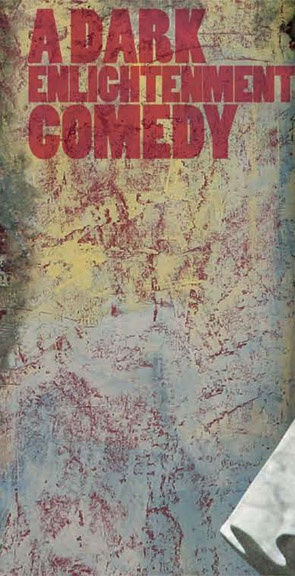Research Portfolio | Theater Arts and Literature
Are experiments good science?
The history of natural philosophy, experimentalism, theater, politics, and religion all converge in the Royal Shakespeare Company’s “The Tragedy of Thomas Hobbes,” a play that emerged from a class in the School’s Theater Arts section. The play, which opened in London, explores the link between the rise of experimental science and the closing of England’s theaters.
17th Century Debate about Science
Strange as it sounds to modern ears, the validity of experiments and the nascent scientific method were a matter for intense debate in the Seventeenth Century. Many of the great natural philosophers of the era rejected experimental proofs, believing that truth was to be found through logic and reason only.
A Rich Source of Drama
The debate struck Professor Janet Sonenberg as a rich source of dramatic material—particularly since the rise of experimental science coincided with the “time of silence” in England, the period when the theaters were closed by Puritan rulers. Sonenberg conjectured that with the theaters closed, public experiments filled an entertainment gap.
Natural Philosophy meets Theater
The idea for a play, she said, “came from years of teaching at this School, and thinking about the performative nature of experiments, as well as the contentious and theatrical nature of scientific debate.” Sonenberg teamed up with Literature Professor Diana Henderson, and the two launched an innovative seminar called “Learning from the Past: Drama, Science, Performance.”
Collaborating with playwright Adriano Shaplin, students plunged into researching the history of natural philosophy and theater as well as the intersection between the two. Students tried their hands at writing some scenes, and Shaplin borrowed judiciously from their efforts.
The Royal Shakespeare Company @ MIT
Ultimately, the collaboration engendered an original play, “The Tragedy of Thomas Hobbes,” performed by the Royal Shakespeare Company at the historic Wilton Theatre in London. The play explores the pitched battles waged among the great minds of the 17th century by erecting counterpoints between two generations of philosophers: the older represented by Thomas Hobbes, and the younger by Boyle, Robert Hooke, and a very young Isaac Netwon. Two original characters—both out-of-work actors in search of new careers—made the leap to the London stage straight from a rehearsal room in Kresge.
More information:
Soundings Magazine, Spring 2009:
The Making of the Tragedy of Thomas Hobbes
Royal Shakespeare Company

Detail, Royal Shakespeare Company 2008 poster for "The Tragedy of Thomas Hobbes"